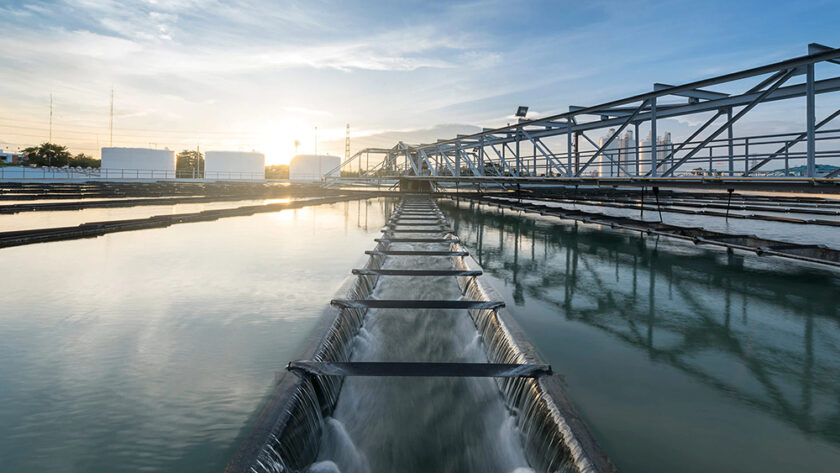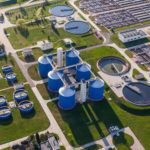Waste water is the water that is contaminated by commercial as well as domestic processes. The water largely contains food waste, human waste and chemicals. Industries like manufacturing and mining and domestic activities like washing, bathing, etc, contaminate the water to a great extent.
In the developing countries, this wastewater is discharged in the environment sans any treatment. In some countries, primary treatment of the wastewater is carried out before discharging it. This wastewater takes a toll on the environment. It contaminates the overall environment.
Importance of wastewater treatment
This makes it very essential to keep the water clean. To protect the environment and also, to arrest the loss of water from our planet, it is very important to treat the wastewater. The water can be treated by wastewater treatment to remove the physical, chemical and the biological contaminating factors.
It is important to treat the waste water because the resources of water are depleting with each passing day. Increase in population contributes to the increase in the domestic use of water. Increase in the number of industries is contributing to the increase in commercial use of water. All these factors are leading to water shortage.
As a result of the scarcity of water, the environment is also paying a heavy price. The scarcity of water is creating severe imbalance in an environment.
All these things make wastewater treatment a prerequisite.
The treatment of waste water helps in numerous ways. The waste water is made reusable and hence, it meets the growing need of water as a result of which the environmental imbalance is also eliminated.
How is wastewater treated?
The process of wastewater treatment involves the conversion of waste water from the unusable form to a usable form. The usable water is returned to be a part of water cycle with negligible environmental disturbance or it can also be reused for any other purpose.
Wastewater is treated by physical as well as chemical processes that involve the settlement of the suspended solids. In other processes, BOD5 on incoming wastewater is lowered by about 20 percent before discharging it into the environment. The suspended solids are lowered by 50 percent.
During the secondary treatment of the waste water, the water is purified by biological means.
Wastewater treatment in future
The treatment of wastewater is seeing a bright present and the future also seems to be promising. With the growing population, the need for water will increase manifolds and the process of treatment of wastewater will help in meeting all the needs.
The future will also see many new technologies coming out in open to fuel the process of wastewater treatment.
Conclusion
The treatment of wastewater is helping us by leaps and bounds. It is helping to cut down the water scarcity issues that have become a menace with the growing population. With the increase in water treatment, the reuse of water is increasing.
Also, it helps in cutting down the environmental imbalance to minimal.

